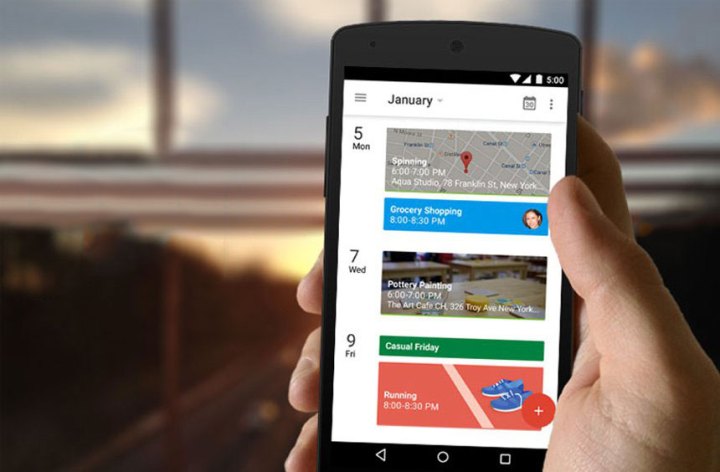
The integration goes deeper than just showing you those goals. Once you achieve those goals, Google will automatically mark the event as done, and when you look at your goals in Google Calendar, Google will show you how well you’ve done so far.
“If you’re setting out to achieve a goal, seeing progress can be a great motivation. Goals in Google Calendar makes finding time for activities like hitting the gym or going on more runs easy,” said Google in a statement. “But it hasn’t been as easy to track whether you’re reaching that goal — even if you’re using fitness-tracking apps in parallel — since you still have to manually mark your goal ‘done’ every time.”

In classic Google fashion, the new feature is also getting some of Google’s artificial intelligence. As Google notes in its blog post, if you set a goal to go running at 6:30 a.m. every other morning, but don’t actually start running until 7:15 a.m., Google will reschedule the event appropriately.
We’ll likely see more integration like this over time. One of the best things about being a part of an ecosystem like Google’s or Apple’s is that their services increasingly work well together. Specifically, we’ll probably see more of Google’s services integrate with Goals, especially considering the fact that fitness trackers are becoming increasingly prevalent.
Editors' Recommendations
- Here’s how Apple could change your iPhone forever
- Check your Google Pixel Watch right now for two new features
- Google is launching a powerful new AI app for your Android phone
- Check your Google Pixel Watch now for a big software update
- I used to love the Google Pixel Fold. Now, I’m not so sure
